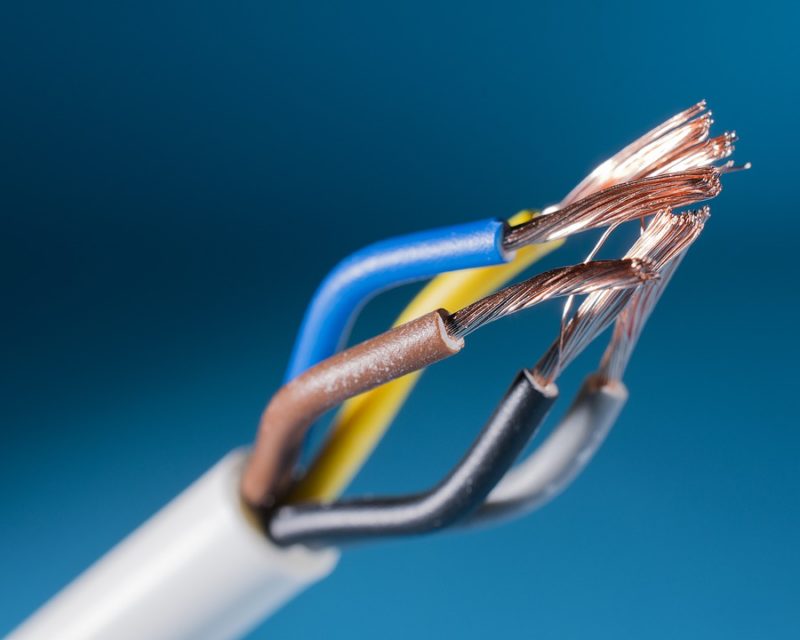Many people have been asking me how to prevent space heater from blowing fuse, so I decided to come up with this post. A space heater is a staple to every office building or home east during the cold winter months. This portable unit will not only warm up the space indoors, but it is suitable for outdoor use as well.
You can find space heaters in different sizes and shapes, so you can get a model that can fit your individual preference. The electricity bills continue to rise each year and the rise in the living costs around the world. But with a space heater, you will have an economic advantage to reduce your total heating costs.

Tips To Prevent Space Heater From Blowing Fuse
If you use a heater instead of a centralized heating system, you will benefit from reducing your heating bills in the long run. But given that space heaters run on electricity, they are composed of electric components such as a fuse that can blow out. Below are the steps on how to prevent space heater from blowing fuse:
#1. Do not overload the circuit
One leading cause for the fuse to blow out or melt is overloading the circuit. Typically, the circuit can’t handle the current running through its grid. Please note that the circuit’s load should not be more than the power it can handle. If you do not know the amount of power that the circuit can handle, an electrician can help determine the maximum power capacity for grid transfusion. You should also avoid utilizing the daisy chain wiring method if possible. This installation method uses the looping sequence similar across different outlets.
This may seem economical and space-saving, but it will strain the electrical payload. Furthermore, incorrect installation of the wires can be a fire hazard. As such, you should avoid using this method even if you want to save so much space. You should also avoid overloading a circuit with several space heaters since it can lead to tripping off of the course, melting the space heater fuse, or worse, it can cause a fire.
#2. Checking the wiring
You should constantly monitor both the inter and external wiring in your house. Check for any damage or defects at least once a month. Keep an eye on the signs of breaks or frying of the rubbing protective casing tube of the wires. If the rubber case is the cause of the issue, you can replace them. If something odd you notice, you should contact the electrician immediately. It would help if you never plugged in the space heater unless the issue is resolved already. If the wire is faulty, it can result in sporadic bursts or upsurge that can damage all the electrical devices connected to it, including the space heater.
In such a case, the fuse of the heating unit will melt so that other components will not suffer from more damage. The continuous exposure of your team to overcurrent will damage the sub-units even if the fuse melts already. With that being said, you should always inspect the wiring all around the house. Suppose the heater is new, but its core has been damaged. It might be a manufacturing defect. You can return the unit for evaluation, repair, or total replacement in such a case.
#3. Avoiding extension strips
I recommend you not to choose extension strips over those direct sockets when plugging in a space heater. Most electricians would advise using a natural socket for any electrical device.
#4. Unplugging any unused electrical appliances or devices
All appliances and devices that are not in use still have electrical current that circulates through them, particularly when you haven’t plugged them off. This is also true with your electric space heater. Although not used actively, it will have a small current circulating through your unit.
Suppose you plug several devices into one electrical outlet, including a space heater, coffee maker, and refrigerator. All of them are turned off. However, each appliance contributes to the electricity payload lopping through your home electrical grid. Although the amount running through these devices is smaller than when they are turned on, a current continues to surge through them. The continued electricity exposure can lead to the fuse of the heater, making it heat up and char or melt over time. As such, unplug your space heater if you are not using it.
#5. Checking the fuse
Maintaining and servicing your space heater is essential to preserve all the radiator components, including the fuse inside the unit. This will ensure the integrity and functionality of your unit. As a general rule, you should disassemble the space heater manually at least once per three months. This is the recommended time frame for routine maintenance and cleaning. You may also be interested to know why the space heater plug gets hot.
It’s A Wrap!
To ensure the functionality and longevity of your unit, you must know how to prevent space heater from blowing fuse. Ensure to keep in mind all the tips above so you can avoid having blown out fuse in your space heater. You may want to read related articles; know how does a space heater work and what is the most energy-efficient space heater.
